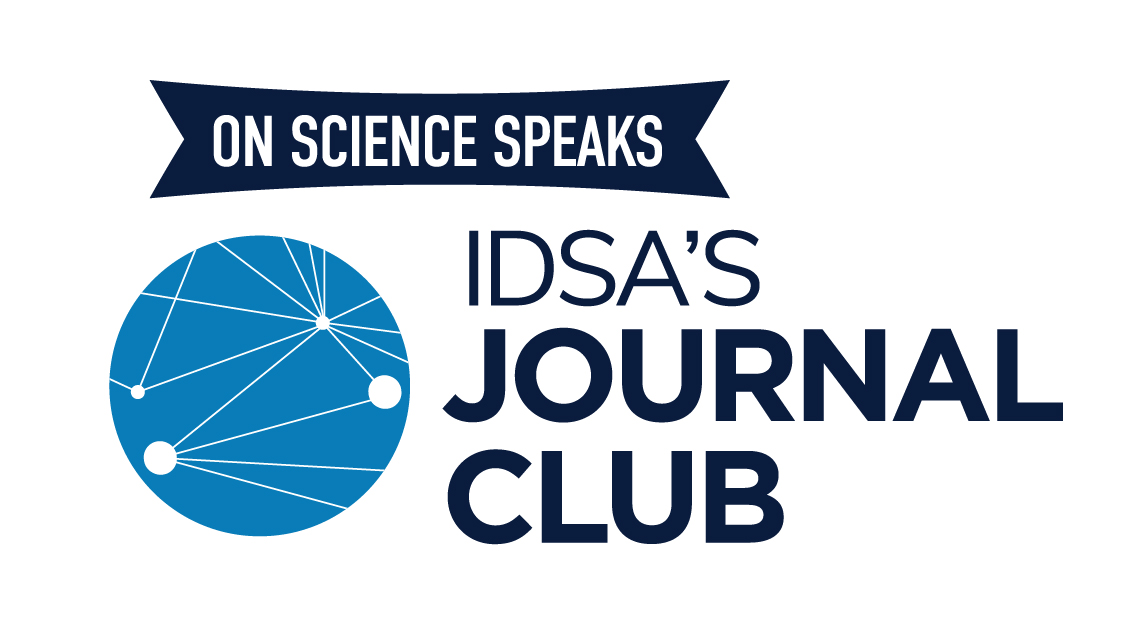Can daily toothbrushing help save lives in the ICU?
Facebook Twitter LinkedIn Email A sign in my dentist’s office reads, “You don’t have to floss them all, just the ones you want to keep.” A recent article in JAMA Internal Medicine suggests that dental hygiene in the hospital can save more than just your teeth. A meta-analysis of randomized clinical trials of patients over 16 years of age compared daily oral care with toothbrushing versus regimens without.
A sign in my dentist’s office reads, “You don’t have to floss them all, just the ones you want to keep.” A recent article in JAMA Internal Medicine suggests that dental hygiene in the hospital can save more than just your teeth. A meta-analysis of randomized clinical trials of patients over 16 years of age compared daily oral care with toothbrushing versus regimens without.
Thirteen studies with 2,557 patients found significantly lower rates of hospital-acquired pneumonia (ventilator-associated and nonventilator-associated combined) in those who brushed their teeth. In twelve studies (1,744 patients), looking at VAP, toothbrushing was associated with lower VAP rates, with a number needed to treat of 12 to prevent one VAP. Only two studies looked specifically at HAP (one ICU, n = 60, and one non-ICU, n = 753) in nonventilated patients. In the non-ICU study, there was a significant reduction in HAP on the medical units but not the surgical units (85% risk reduction vs. 56%, P = .002 vs. P = .29, respectively). Interestingly, combining all relevant studies, there was no benefit to brushing more than twice per day. Few studies looked at mortality, but six ICU studies showed significantly lower ICU mortality rates in those patients who brushed their teeth. Another six studies looked at ICU length of stay, and toothbrushing was associated with a significantly shorter ICU stay. Differences in overall hospital length of stay could not be determined due to high or unclear risk of bias in the original studies.
Besides the usual limitations of a meta-analysis, most of the original studies were done in ICU patients, limiting the ability to extrapolate benefit outside the ICU. While this is certainly a low-cost study for someone to embark upon, implementing twice daily toothbrushing based on what we know is also low risk and low cost with a potentially very high reward.
(Ehrenzeller and Klompas. JAMA Intern Med. 2024;184(2):131-142.)


